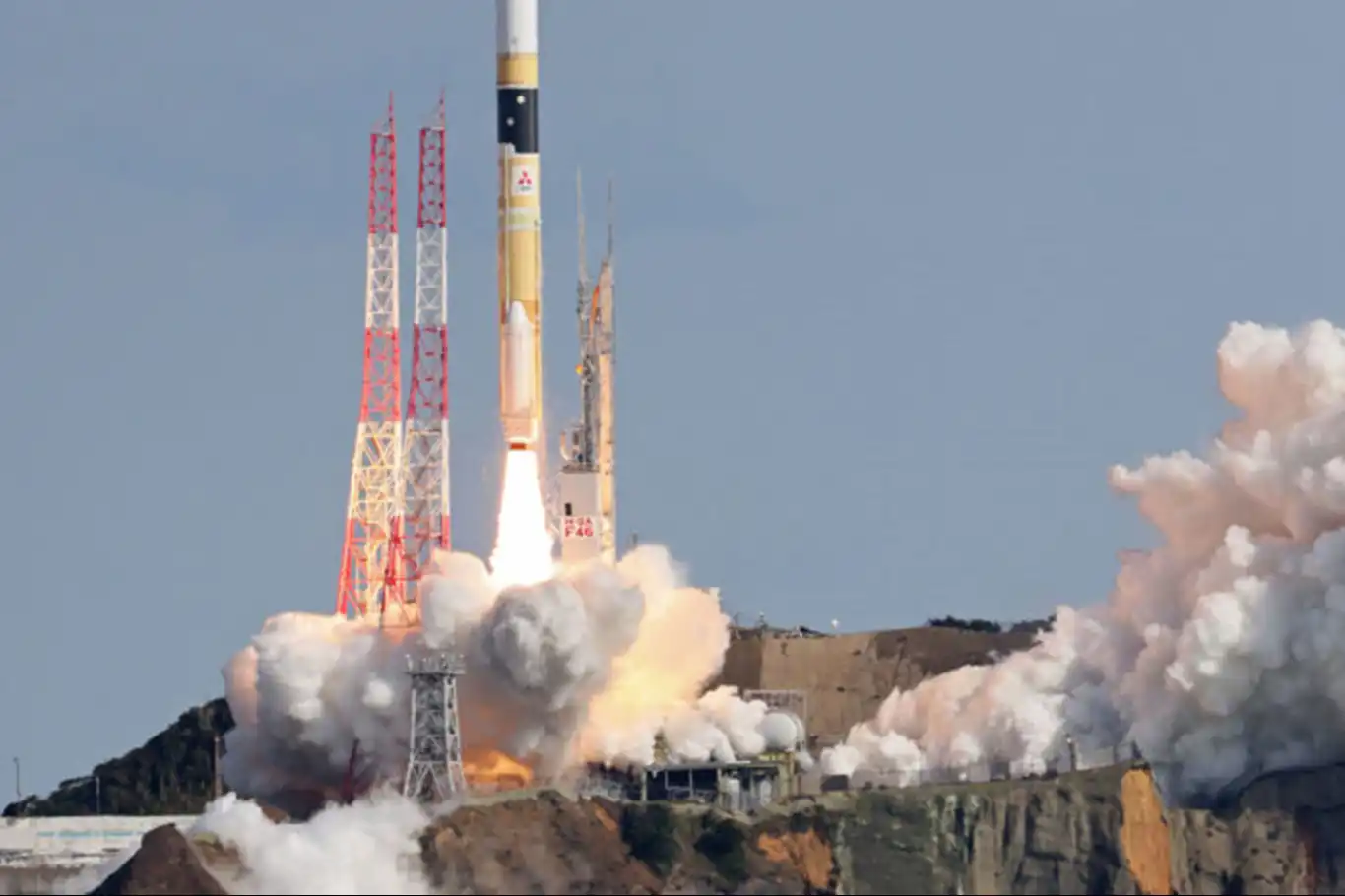Japan successfully launches IGS-Radar 8 satellite


Japan's space program achieved another milestone on Thursday with the successful launch of the IGS-Radar 8 satellite.
The launch, carried out by a Mitsubishi Heavy Industries H-2A rocket, took place at the Tanegashima Space Center.
IGS-Radar 8 is a reconnaissance satellite designed to gather data for intelligence purposes, as well as environmental and natural disaster monitoring. It will join Japan's existing fleet of IGS satellites, which includes both optical and radar models.
The launch of IGS-Radar 8 also marked a significant event for Japan's space industry. It was the second-to-last flight of the H-2A rocket, which has been a reliable workhorse for Japan's space program since its debut in 2001. The final launch of the H-2A is scheduled for late 2024.
Following the successful launch of IGS-Radar 8, Japan's space agency, JAXA, is now focusing on the development of its new generation launch vehicle, the H3. Despite facing initial setbacks, the H3 has demonstrated its capabilities through recent successful flights.
As Japan continues to advance its space program, the successful launch of IGS-Radar 8 and the ongoing development of the H3 rocket highlight the country's commitment to space exploration and technology. (ILKHA)
LEGAL WARNING: All rights of the published news, photos and videos are reserved by İlke Haber Ajansı Basın Yayın San. Trade A.Ş. Under no circumstances can all or part of the news, photos and videos be used without a written contract or subscription.
Blue Origin has postponed the launch of its New Shepard Mission NS-37 after engineers detected an issue during routine pre-flight checks, the company said in an update.
The US National Aeronautics and Space Administration (NASA) has announced the successful completion of the assembly of the Nancy Grace Roman Space Telescope, marking a major milestone toward its upcoming launch and future scientific operations.
OpenAI has announced the release of a new version of ChatGPT Images, powered by its latest flagship image generation model, bringing faster performance and more precise image editing capabilities to users.
Malaysia’s communications regulator announced on Monday that major internet messaging and social media platforms with at least eight million users in the country will be automatically deemed registered as Class License holders beginning Jan. 1, 2026.